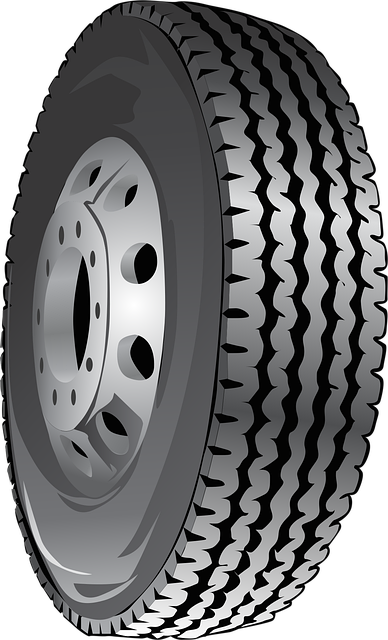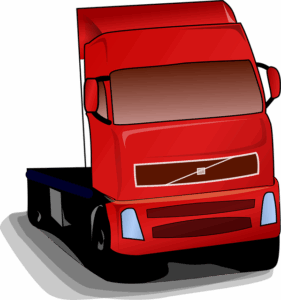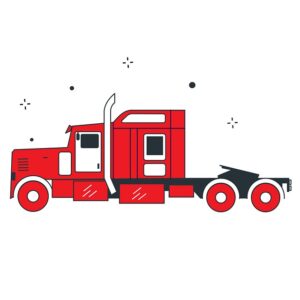Register Car California: DMV VIN Verifier Guide
Looking to register your car in California? This comprehensive guide breaks down the process step-by-step. From understanding key requirements, like needing a valid title and proof of insurance, to ga…….

Looking to register your car in California? This comprehensive guide breaks down the process step-by-step. From understanding key requirements, like needing a valid title and proof of insurance, to gathering essential documents and verifying your Vehicle Identification Number (VIN) with a reliable dmv VIN verifier, we’ve got you covered. Discover the best approach for you—whether visiting a DMV or using online services—to ensure a smooth car registration experience in California.
- Understand California Car Registration Requirements
- Gather Necessary Documents for Registration
- Visit a DMV or Use Online Services for Registration
- Verify Vehicle Identification Number (VIN) Accuracy
- Complete and Submit Your Car Registration Application
Understand California Car Registration Requirements

Before registering your car in California, it’s essential to understand the state’s specific requirements for vehicle identification number (VIN) verification. The California Department of Motor Vehicles (DMV) mandates that all vehicles be properly inspected and certified before issuance of a registration. This process ensures road safety by verifying that cars meet standard emission levels and are mechanically sound.
One convenient way to fulfill this requirement is through a mobile VIN verification service, which allows you to complete the inspection from the comfort of your own home or garage. These services utilize advanced technology to remotely check key components like emissions, title history, and vehicle specifications by referencing the unique VIN number provided by your car manufacturer. Thus, with just a few details and a mobile vin verifier, you can conveniently navigate California’s registration process without the hassle of visiting a DMV office.
Gather Necessary Documents for Registration

Before you start the registration process, ensure you have all the required documents to make the task seamless. The California Department of Motor Vehicles (DMV) requires several key pieces of information during car registration. One critical step is to verify the Vehicle Identification Number (VIN). You can do this using a DMV VIN verifier or a mobile vin verifier app for quick and easy online verification.
Additionally, gather important papers like your driver’s license, proof of insurance, vehicle title, and any other documentation related to previous registrations or ownership changes. A comprehensive vin inspection is essential to ensure all details match, preventing potential delays in the registration process.
Visit a DMV or Use Online Services for Registration

In California, registering your car involves either visiting a Department of Motor Vehicles (DMV) office or utilizing their online services. For those who prefer a more traditional approach, heading to a local DMV is the first step in the registration process. Bring all necessary documents, including proof of ownership, identification, and vehicle insurance. The DMV agent will guide you through the procedure, which includes verifying your vehicle’s unique Identification Number (VIN) using their systems. This VIN verifier ensures the vehicle’s history and authenticity, a crucial aspect of car registration.
An alternative method is to take advantage of the state’s online services, offering a convenient way to register your car remotely. You can initiate the registration process on the DMV website, where you’ll input your vehicle details and upload required documents. The mobile VIN verification process is streamlined, allowing you to complete the registration from the comfort of your home or even while on the go using your smartphone. This modern approach simplifies what was once a time-consuming task.
Verify Vehicle Identification Number (VIN) Accuracy

Before registering your car in California, it’s crucial to ensure the Vehicle Identification Number (VIN) is accurate and legitimate. This step is essential as a valid VIN is required for the registration process at the Department of Motor Vehicles (DMV). You can verify the VIN using various methods, including a DMV vin verifier or mobile vin verifier apps, which cross-check the number against national databases to confirm its authenticity.
Accurate VIN inspection is more than just a formality; it helps prevent fraud and ensures you’re not registering a stolen vehicle or a car with undisclosed issues. With a simple check using these tools, you can save time, avoid potential legal complications, and rest assured that your registration process will be seamless.
Complete and Submit Your Car Registration Application

After gathering all necessary documents and ensuring your car meets California’s requirements, it’s time to complete and submit your Car Registration Application. This process typically involves filling out a form with accurate and up-to-date information about your vehicle. The application will ask for details like make, model, year, and color of your car, as well as your personal information such as name, address, and California driver’s license number. Remember to include the Vehicle Identification Number (VIN) accurately, as it’s crucial for identification purposes.
A significant step in this process is using a DMV-approved VIN verifier. This tool helps ensure that your vehicle’s VIN is valid and matches the information on record. You can opt for a traditional in-person inspection or choose a convenient mobile vin inspection service. The latter allows you to complete the verification process from the comfort of your home, saving time and effort. Once your application is submitted with all required documents and the VIN is verified, you’ll be well on your way to officially registering your car in California.
Registering your car in California is a straightforward process that requires understanding specific requirements and gathering essential documents. By following these steps, from verifying your Vehicle Identification Number (VIN) with a trusted DMV VIN verifier to submitting the application, you’ll ensure a smooth registration experience. Remember, accurate information and documentation are key to avoiding delays and potential issues down the road.







